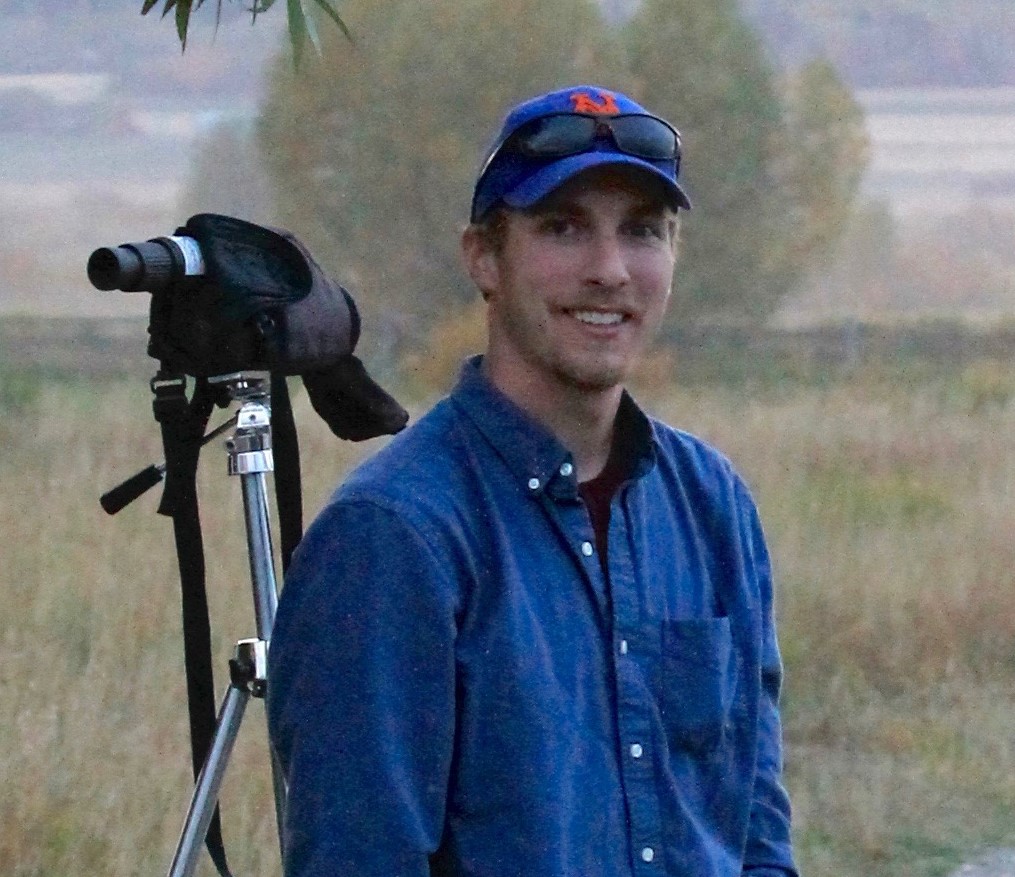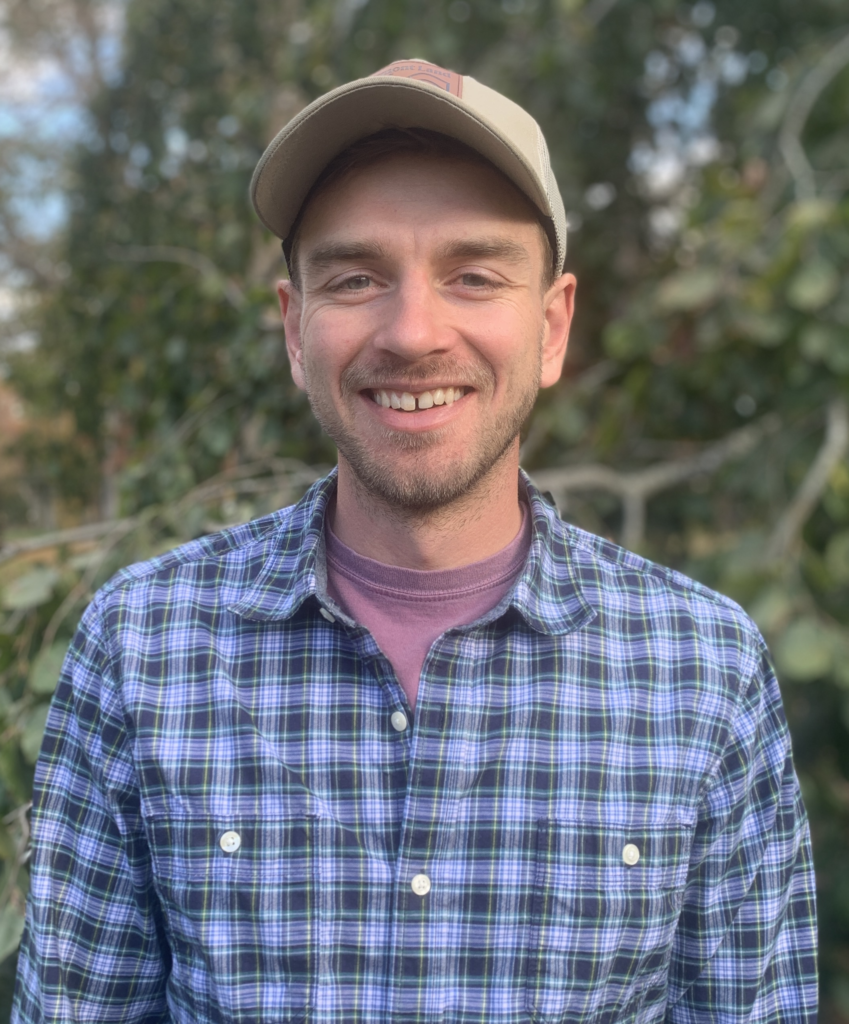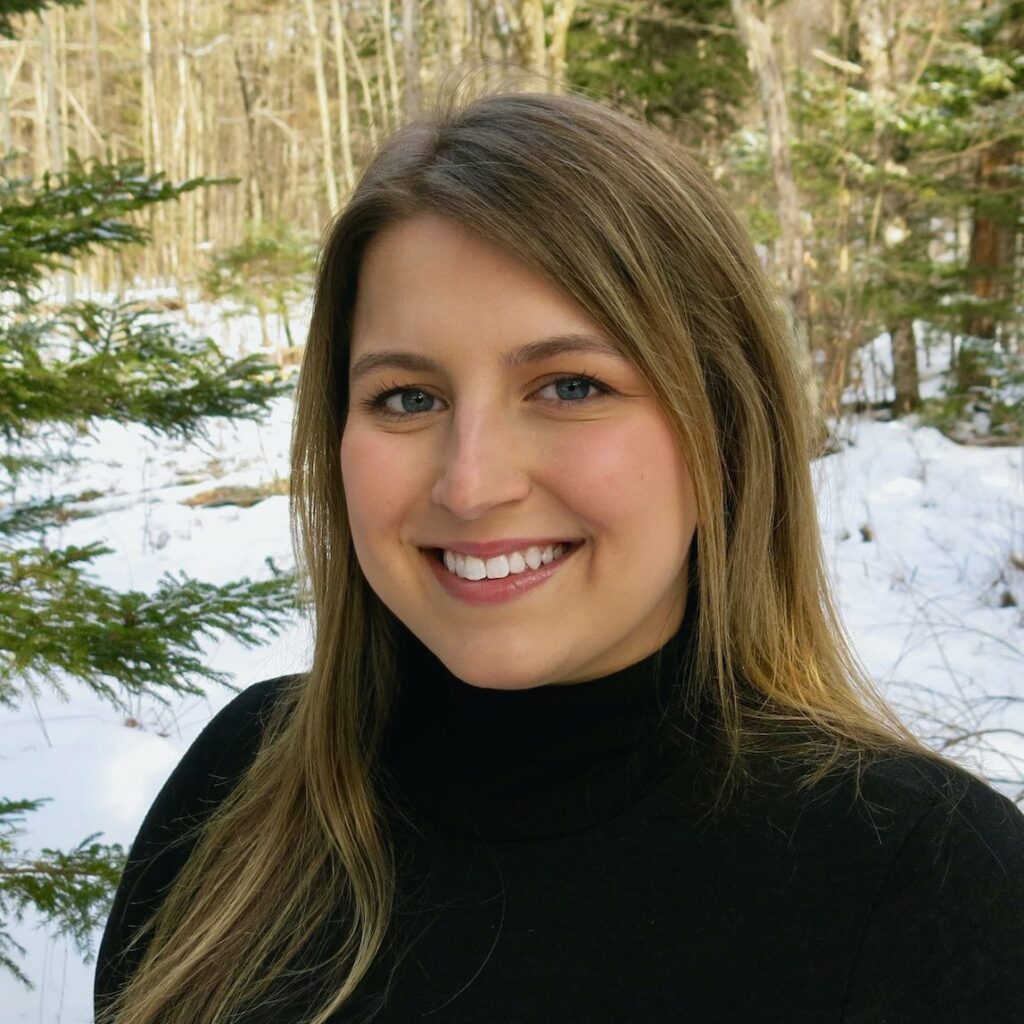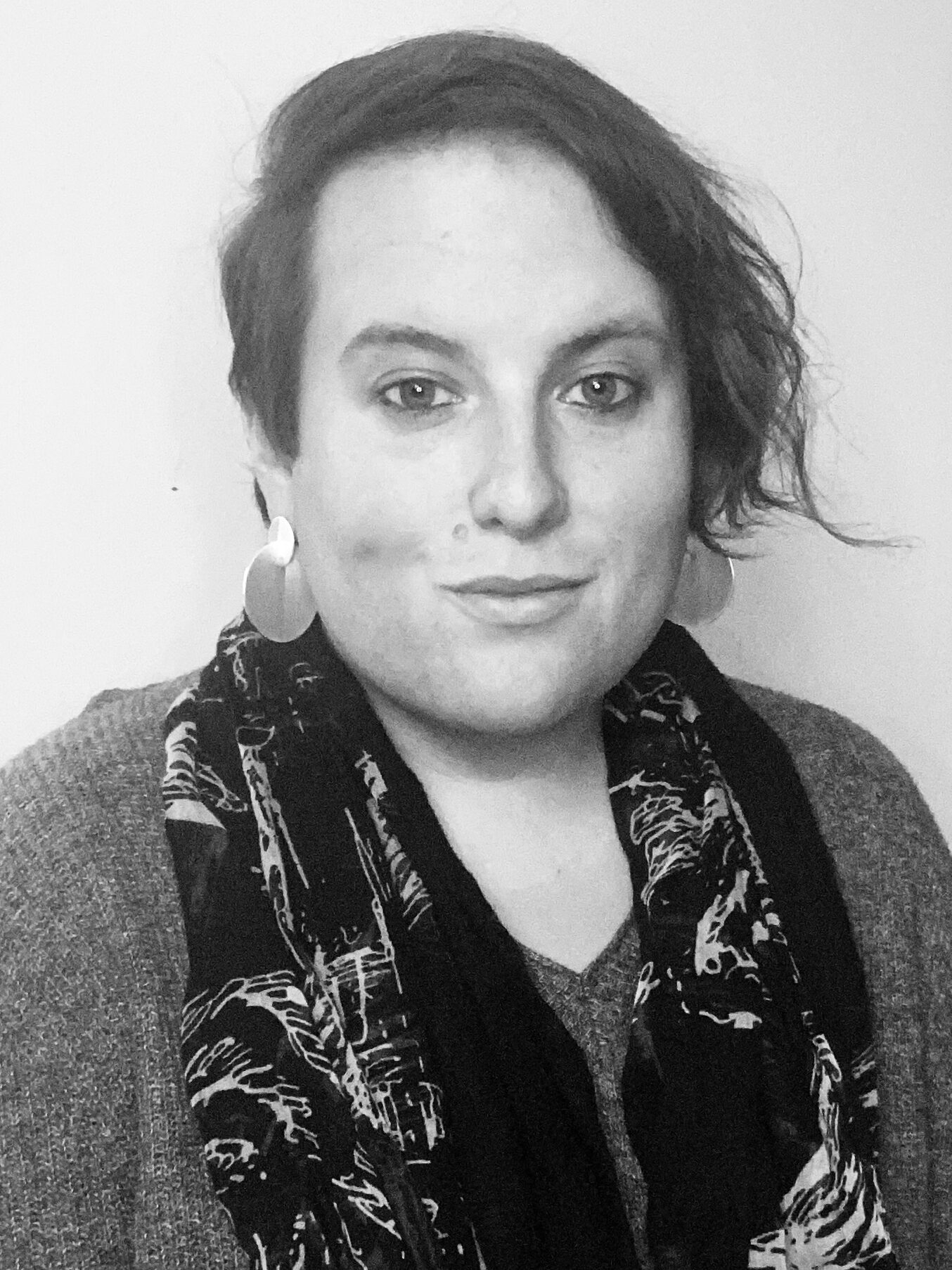The Association of Vermont Conservation Commissions is a non-profit organization whose mission is to support Vermont’s conservation commissions and to encourage the establishment of more conservation commissions in the state. AVCC is a membership organization, with conservation commissions as well as individuals as members. Founded in 1990, AVCC is overseen by a volunteer board of directors.
Bill Dell’Isola (he/him), Chair, is currently the Conservation Analyst for the Vermont Housing and Conservation Board. Recently, he was the Conservation Biologist for the Teton Regional Land Trust in Driggs, Idaho, where he engaged in conservation planning, conservation easement stewardship, grant writing, and Sandhill Crane and Trumpeter Swan restoration projects. Before TRLT, he worked for the Idaho Department of Fish and Game, Trumpeter Swan Society, and Brookhaven National Laboratory. Bill has a degree in Wildlife Science from SUNY-ESF and lives in Northfield with his wife, Annie.
Mead Binhammer (he/him), Treasurer, serves as a Project Director for the Vermont Land Trust, where he works to steward and conserve important landscapes in the central part of the state. Before returning to his home state of Vermont, Mead worked in wildlife biology and land conservation, most recently leading a region-wide stewardship team for the Trustees of Reservations in Massachusetts, where he also served as a volunteer board member for his local land trust in Attleboro. Mead has a B.S. in environmental science from Union College and lives in Brookfield.
Greta Hasler (she/her) currently serves as Communications Director at Vermont State University. She was previously Communications Director at Vermont Natural Resources Council (VNRC), and first joined the organization in 2021 in a role supporting energy and climate policy and the Vermont Energy and Climate Action Network (VECAN). Before joining VNRC, Greta worked on advocacy and engagement around responsible resource management and food system resiliency. She was formerly on the outreach team at U.S. Senator Bernie Sanders’ Vermont office, led clean water permitting for agriculture at the Maryland Department of the Environment, and supported renewable energy policy work at both the Sierra Club and 350Vermont. Greta holds a B.A. in Environmental Studies and Political Science from the University of Vermont and lives in Cambridge, where she is an active member of the town’s conservation commission.
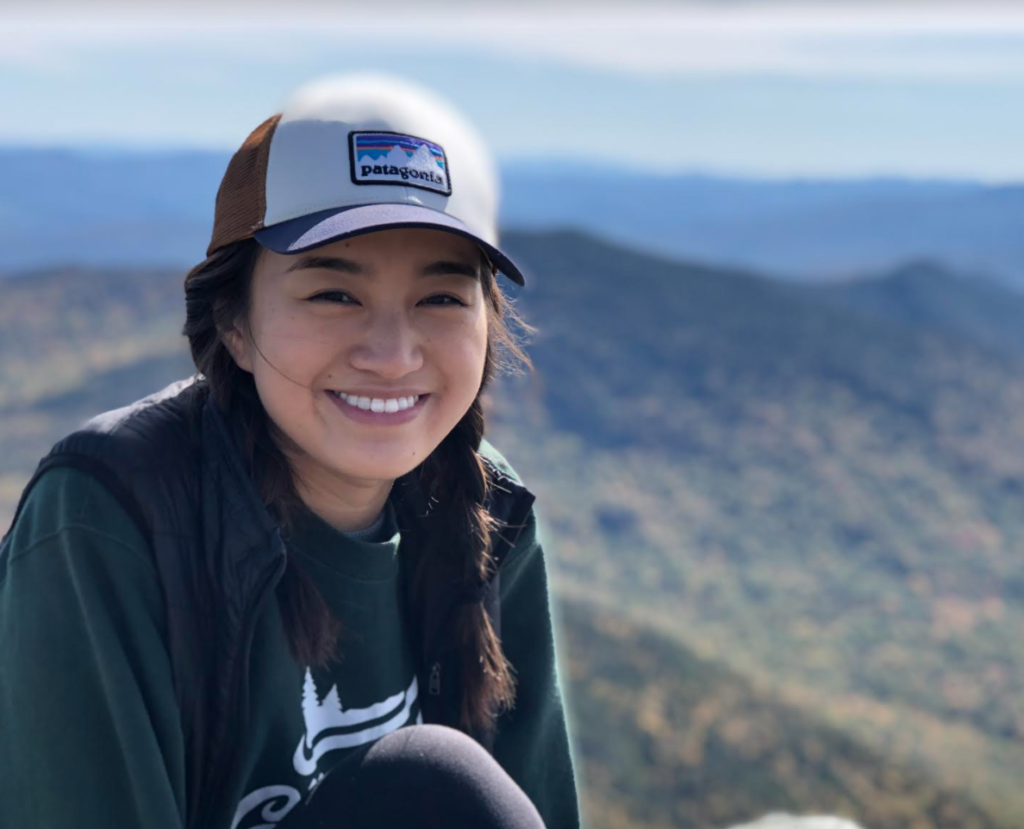
Suma Lashof (she/her) is the Donor Relations Manager at the Vermont Chapter of The Nature Conservancy (TNC), a global conservation organization united by a mission to protect the lands and waters on which all life depends. Suma earned her bachelor’s degree in Environmental Science from the University of Vermont, where she completed her senior thesis on bat conservation studies in partnership with Vermont Fish & Wildlife Department. Growing up surrounded by Vermont’s beauty fostered a deep connection with nature, and she is proud to dedicate her career to protect the natural communities that shaped her character.
Justin Marsh (they/them) is Political Director at Vermont Conservation Voters (VCV) and the chair of the Cambridge Conservation Commission. Justin is a Cambridge native, growing up on their family’s dairy farm and sugar bush. In 2012, they ran for the state legislature and have worked on several historic campaigns since. They are a published editor (Tasteful Traditions, Red Barn Books, 2014), and have held or currently serve in several positions on local non-profit and municipal boards. In 2016, they helped write the grant known as The Silo Project, which transformed two abandoned concrete silos on preserved land into the largest outdoor public art installment in the state of Vermont. In 2020, they were instrumental in the conservation of 51 acres of land now known as the Peter A. Krusch Nature Preserve. They are the former Director of Communications & Development at Pride Center of Vermont, and an alum of Vermont State University.
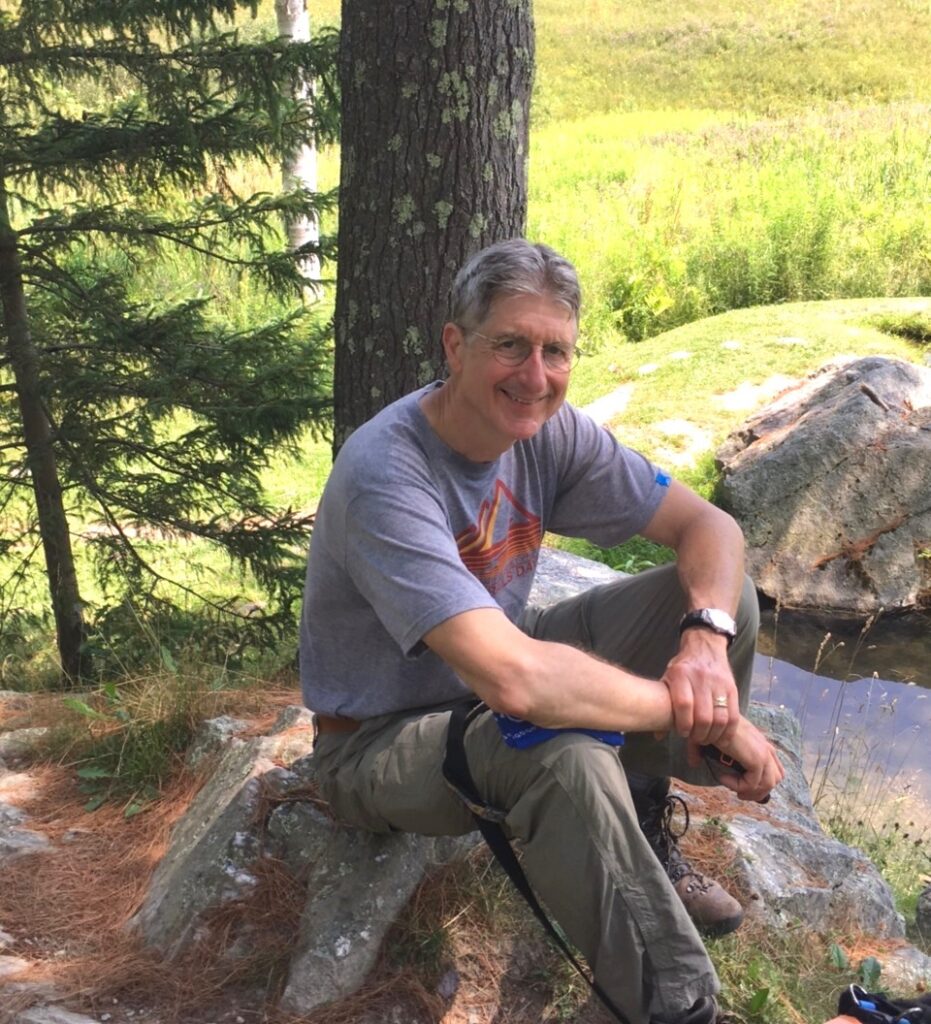
Mark Nelson (he/him) is a retired financial services executive who retired early to commit his time and energy to conservation, environmental, and social work. Since retiring, Mark has dedicated the majority of his time to the Vermont Chapter of the Sierra Club. He joined the Executive Committee in 2013 and became the Chapter Chair in 2014. After 4 years, he has stepped down as Chair so that others can take a leadership role. Mark also leads National Outings for the Sierra Club and is a Training Officer for national outings leaders. Mark’s passion for conservation and environmental protection is based on his desire to “be the voice for those that have no say in human decisions that have an impact on them”. Mark also served on the Board for Habitat for Humanity of Addison County as Chair for the Credit Committee. Mark is also Chair for the Ripton Conservation Commission, a member of the Ripton Energy Committee, the Ripton Energy Assistance Program (REAP), and an EMT, Wilderness EMT and firefighter with Ripton Fire & Rescue, and Middlebury Regional EMS.
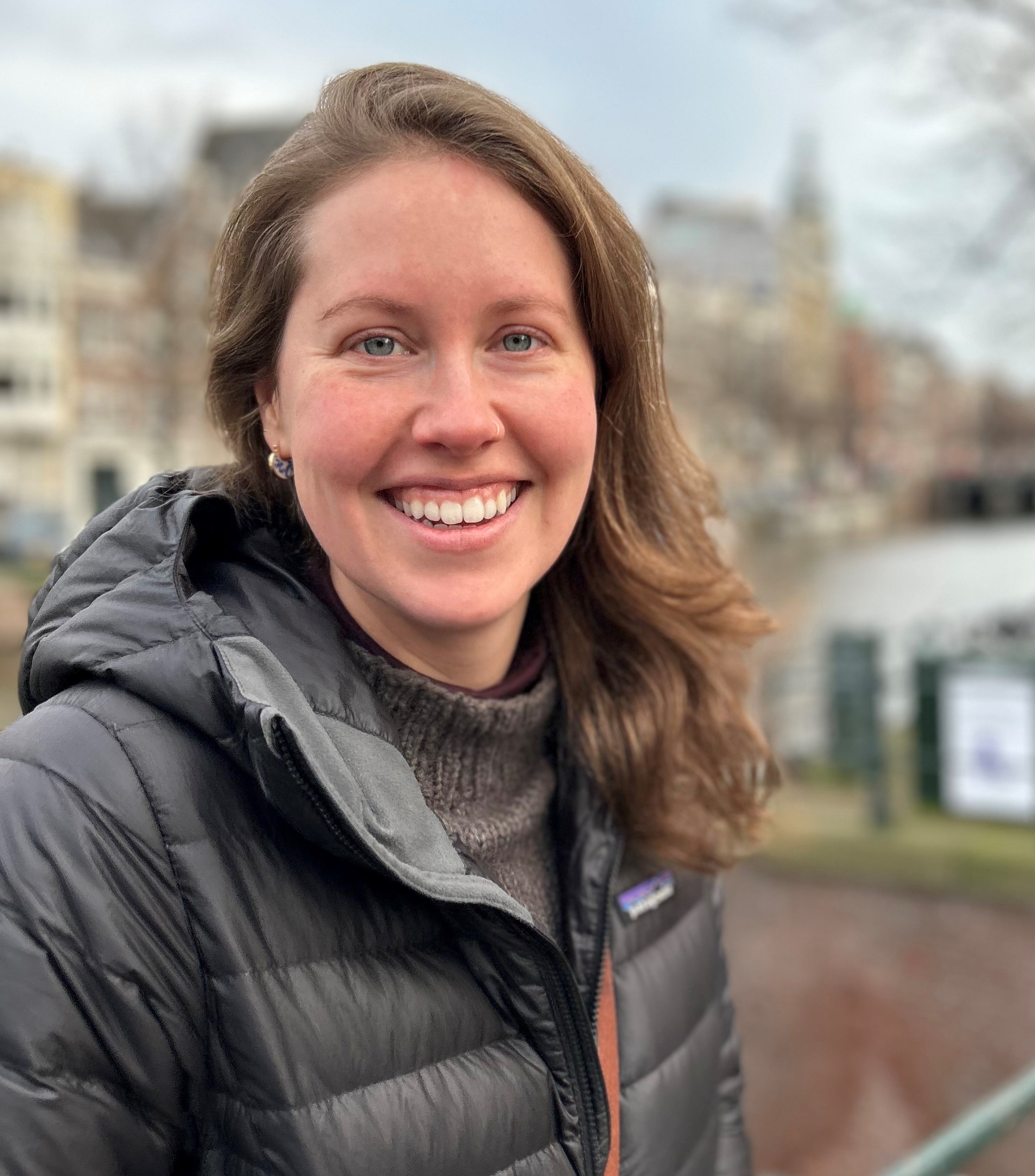
Marian Wolz (she/her), Secretary, is the Resilience and Adaptation Coordinator at the Agency of Natural Resources’ Climate Action Office. She works closely with state and local partners to increase resilience to the impacts of climate change by supporting and building capacity in communities to implement adaptation actions. Before joining the Climate Action Office, Marian worked on statewide planning initiatives for climate change, emergency response and recovery, and community planning for affordability and multi-modal transportation. She holds a bachelor’s degree in public and urban affairs from Virginia Tech and has served on the Montpelier Conservation Commission and the Montpelier Conservation Fund Advisory Board.
